 Song for the Basilisk, Patricia A. McKillip
Song for the Basilisk, Patricia A. McKillip
I’ve mentioned before that I had a somewhat difficult time getting into Patricia McKillip’s books, and Song for the Basilisk is definitely one of the more difficult ones, in my opinion. I wouldn’t suggest starting with it. It contains many characteristics that the other books share — Ombria in Shadow, the tyrant ruling the city; The Bards of Bone Plain, the bards of Luly; the lyrical, reflective prose. I have to be in the right mood to read McKillip’s books, I think: The Changeling Sea was the gateway for me, where I really learnt to appreciate her work.
Song for the Basilisk is rather more abstruse than that one, though it is — as you might expect if you like McKillip’s work — beautiful and entirely worth spending the time with, at least by my lights. Somebody wrote a review which makes a comparison between this and Guy Gavriel Kay’s Tigana, and that’s apt: there are similar themes and even images. I disagree that Song for the Basilisk goes deeper than Tigana, though: they’re different in that in Basilisk the vendetta is more targeted and personal, against a single family, rather than erasing the culture and identity of a whole people. Your response may vary depending on personal taste and experience, but for me the denial of Tigana as a wellspring for identity hits pretty hard — harder than “tyrant hated powerful family because power”, which is more what I got from Basilisk.
Some things about this book I was unsure about: I’m used to feeling some ambivalence about McKillip’s characters, but Luna Pellior threw me for a loop. I was sort of expecting the ending, but I find it difficult to connect the dots. There’s a kind of opaqueness about the book, about Luna, that made it difficult to see things from her perspective — or anyone’s. I felt like more of an observer than a participant.
If you already know what you’re getting into with McKillip’s work, I don’t think this will disappoint. It wouldn’t be my choice of starting point, though.

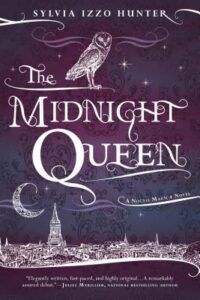
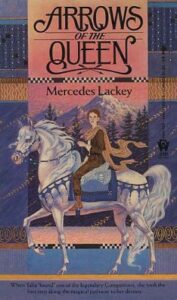
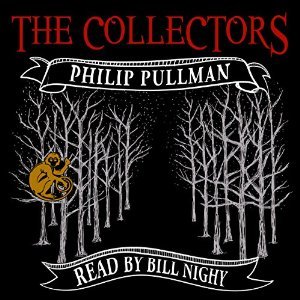

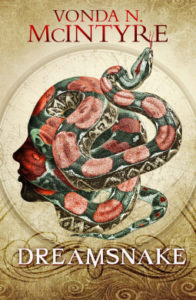
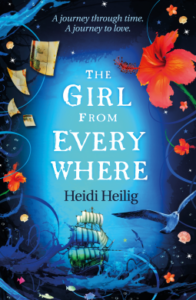
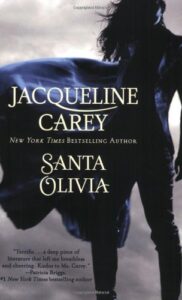
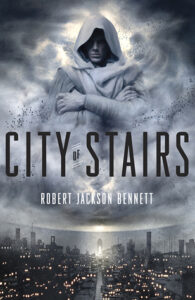
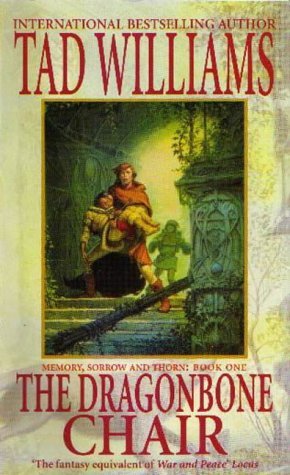 Memory, Sorrow and Thorn, Tad Williams
Memory, Sorrow and Thorn, Tad Williams